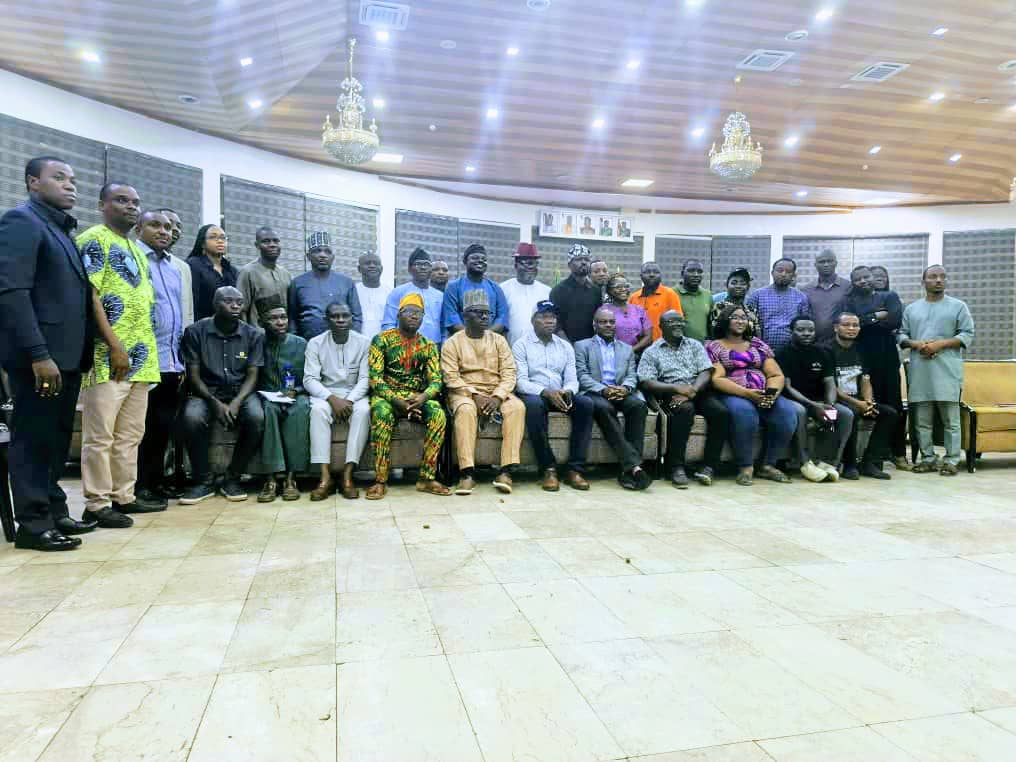The Nigerian Army has warned against the unauthorised wearing of military uniforms by civilians, saying offenders are liable to arrest and prosecution.
The Chief of Civil-Military Affairs, Gold Chibuisi, who read the riot act during a roundtable with defence correspondents in Abuja, encouraged those who love the Army to apply for enlistment or recruitment instead.
While urging the public to support the military and relevant security agencies in executing their mandate of protecting national security and defence, the senior officer assured of efforts to enhance military-civil relations.
He noted the ongoing sensitisation of soldiers on the need to maintain professionalism in the discharge of their duties, stressing that those found to have breached the rules of engagement (ROE) and other operational guidelines would be sanctioned.
The CCMA said: “I’m a bit surprised that in most briefs we give during our programmes, we always talk about this issue of uniform because it keeps recurring.
“It’s against the law of the land. If you are not in the armed forces or any security agency, wearing their uniforms — whether you love it or not — is a crime.”
He highlighted the importance of respecting existing laws to guarantee the integrity of the Army in particular and the military in general.
“If you like the military, join the military. Don’t wear our uniform if you are not one of us,” he admonished.
On the security implications of the act, Chibuisi stated: “Currently, there are a lot of criminals using military garb to perpetrate crimes.
“If people keep dressing like that, how do you differentiate between a criminal and a genuine soldier?
“If somebody you know is not in the military comes out in the morning and wants to jog or drive to Shoprite wearing our uniform, you should tell him, ‘Wait, you don’t join the army, remove this thing, abeg.’ Make sure they don’t catch you.”
While insisting that soldiers are empowered to arrest defaulters, the two-star General also stressed the need for proper conduct by officers and soldiers.
“All these other things that come with it — harassment or rough handling — are not right,” he acknowledged.
“And we are conducting sensitisation on these issues. Those that we find, and against whom we have evidence, are always sanctioned sternly.
“One side is for our soldiers to do the right thing when they see it, but the other side is for civilians not to do it at all. Spare us from all that,” he said.















